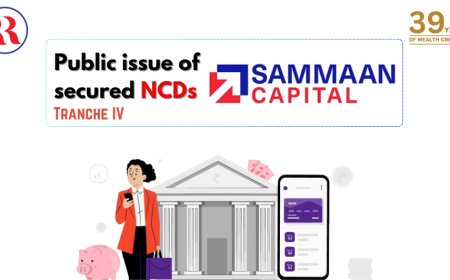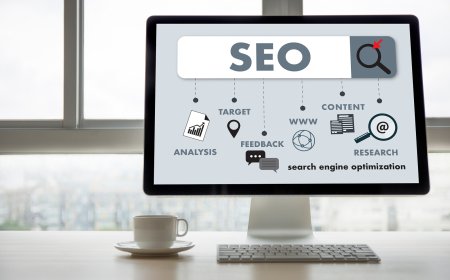A Beginner’s Guide to Choosing HR Software for Your Small Business
A Beginner’s Guide to Choosing HR Software for Your Small Business
In todays fast-paced and competitive business world, small businesses are constantly looking for ways to work more efficiently, stay compliant, and create a productive work environment. One tool that has become essential in achieving these goals is HR software for small business. Whether you have five employees or fifty, the right human resource management system can significantly improve how your business handles everything from hiring to payroll.
This article explains what HR software is, how it works specifically for small businesses, and why adopting it is a smart decision for long-term growth and success.
Understanding HR Software for Small Business
HR software for small business refers to a digital solution designed to manage and automate essential human resource tasks. Unlike large-scale enterprise systems that may be complex and expensive, small business HR software is typically more affordable, easier to use, and tailored to the needs of small teams.
It can include features such as:
-
Employee recordkeeping
-
Payroll and tax management
-
Time and attendance tracking
-
Performance monitoring
-
Recruitment and onboarding tools
-
Leave and benefits management
-
Compliance tracking and reporting
Many systems also come with self-service portals for employees to manage their own information, reducing the administrative burden on business owners and HR staff.
Why HR Software Matters for Small Businesses
Managing HR processes manually may seem manageable in the early stages of a business. However, as your team grows, paper-based systems or basic spreadsheets can quickly become inefficient and error-prone. HR software helps small businesses eliminate these problems and operate more effectively.
Here are the key reasons why small businesses should invest in HR software:
1. Save Time and Reduce Administrative Work
Manual HR tasks such as calculating payroll, updating employee records, and tracking time off can consume hours of your time every week. HR software automates these processes, freeing up your time to focus on strategic decisions and business growth.
2. Improve Accuracy and Reduce Errors
Human error in HR tasks can lead to serious issues, including incorrect paychecks, missed deadlines, or even legal penalties. HR software minimizes these risks by automating calculations and providing checks and balances to ensure data accuracy.
3. Ensure Compliance
Small businesses must comply with various labor laws, tax regulations, and industry-specific rules. HR software keeps you updated on changes, helps maintain accurate records, and generates reports required for audits or legal requirements.
4. Enhance Employee Experience
Modern HR software often includes features like onboarding checklists, employee self-service dashboards, and performance tracking tools. These features contribute to a better employee experience by promoting transparency, communication, and engagement.
5. Centralize Employee Information
Keeping employee data in one centralized, secure location simplifies decision-making and improves access for HR personnel. Whether it's reviewing an employees history or pulling data for a performance review, having everything in one place makes the process more efficient.
6. Support Scalability
As your business grows, so does the complexity of your HR needs. A scalable HR software system allows you to add new features or users as needed without starting from scratch. This ensures that your HR operations continue to run smoothly even as your team expands.
7. Improve Recruitment and Onboarding
HR software can streamline the hiring process with features such as applicant tracking, interview scheduling, and digital document signing. Once a new hire is selected, the onboarding process can be automated to ensure a smooth transition into your company.
8. Make Better Decisions with Data
Many HR software platforms offer reporting and analytics tools. These tools help you track trends such as turnover rates, training effectiveness, or attendance patterns, allowing you to make informed decisions about your workforce.
Choosing the Right HR Software
When selecting HR software for a small business, its important to consider the following:
-
Ease of Use: Look for a platform with a user-friendly interface that doesnt require extensive training.
-
Customization: Choose a system that can be tailored to your unique workflows and business size.
-
Affordability: Opt for software that fits your budget but still includes essential features.
-
Support and Training: Ensure the provider offers reliable customer support and clear guidance for implementation.
-
Scalability: Pick a solution that can grow with your business over time.
Conclusion
HR software for small business is more than just a digital toolit is a strategic investment that can transform how you manage people, stay compliant, and build a productive workplace. By automating time-consuming tasks, improving accuracy, and supporting better decision-making, HR software allows small business owners to focus on what matters most: growing their business.






























